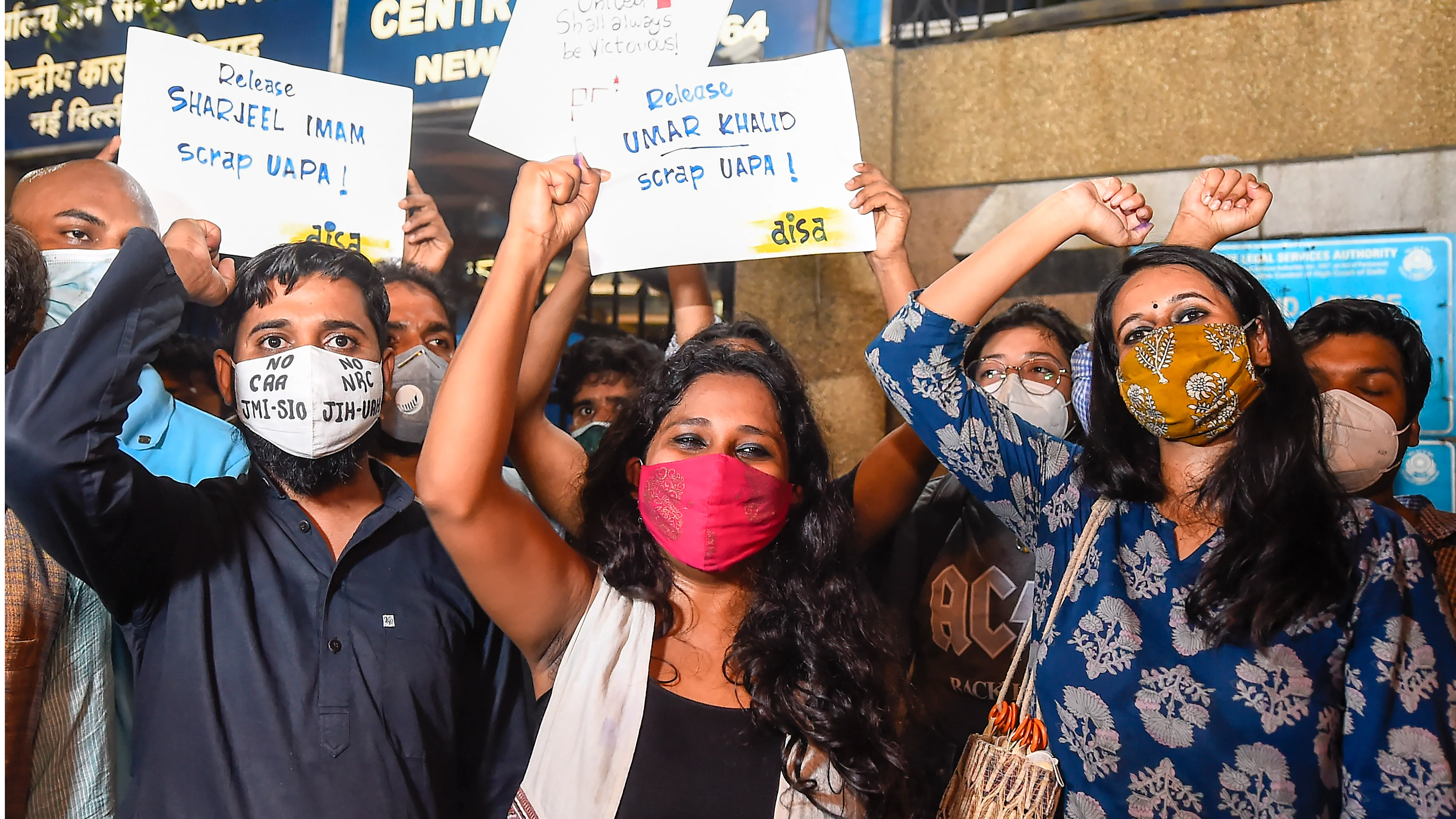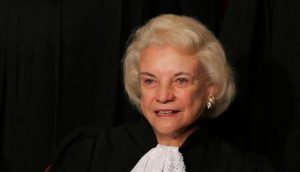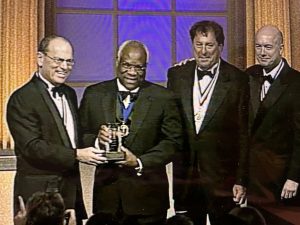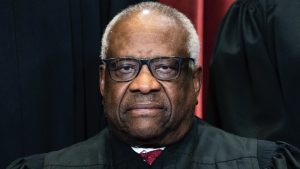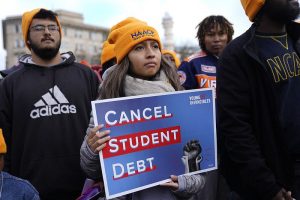The Supreme Court stated on Friday that it will not intervene with a Delhi High Court judgement giving bail to student activists Natasha Narwal, Devangana Kalita, and Asif Iqbal Tanha, who are charged with conspiracy in the Delhi riots, under the anti-terror statute UAPA.
The issue of reading down of anti-terror law UAPA is “important” and can have “pan-India ramifications”, the Supreme Court said on Friday making it clear that the Delhi High Court verdicts granting bail to three student activists in north-east Delhi riots case will not be used as precedent by courts in the country.
A vacation bench of Justices Hemant Gupta and V Ramasubramanian termed as “troubling” that the high court has written 100 pages discussing the entire anti-terror law UAPA while deciding the bail applications in the case and said it will require interpretation by the apex court.
Also Read | ‘Baba ka Dhaba’ owner admitted to hospital after suicide attempt
The Delhi Police had objected to their release, claiming that the High Court had “conducted a mini-trial… (and) recorded perverse findings which are contrary to the record”.
At today’s hearing, the Delhi Police petitioned the Supreme Court to “stay the (High Court) order because (it) virtually records the acquittal of the accused” and others would seek bail, citing this case as precedent.
“53 died and many were police officers… 700 were injured. The court says riots were controlled so UAPA is not applicable… How can the intensity of the offence be diluted?” Delhi Police asked, as quotes by NDTV.
“(Delhi) High Court watered down UAPA (and) it had been turned upside down,” Delhi Police claimed, NDTV reported.
The Supreme Court admitted that explaining all statutes in a bail hearing was “surprising,” and stated: “We agree. There are many questions that arise. The issue is important and can have pan-India ramifications. We would like to issue notice and hear the other side.”
The court did, however, state that bail had, in fact, been granted.
“They (the activists) will not be affected, but we will stay the effect of the High Court order,” it said.
Also Read | Pinjra Tod activist Natasha Narwal gets 3-week bail after father dies of COVID
On both points, Solicitor General Tushar Mehta (representing the Delhi Police) and senior lawyer Kapil Sibal (representing the activists) concurred with the court’s ruling.
“The High Court has made wide-ranging observations. They (the activists) are out on bail… let them remain out but please stay the judgements… let it not be a precedent,” Mehta told NDTV.
“Staying this would mean the order is prima facie stayed. We too also have a lot to say. Let us not do this… in the meantime let us not treat the High Court order as a precedent,” Sibal said, as quoted by NDTV.
On Tuesday, the High Court ruled in favour of Narwal and Kalita, saying: “In its anxiety to suppress dissent, in the mind of the State, the line between constitutionally guaranteed right to protest and terrorist activity seems to be getting somewhat blurred.”
In Tanha’s case, it said: “The phrase terrorist act’ cannot be permitted to be casually applied to criminal acts that fall squarely within definition of conventional offences under IPC.”
In addition, the court stated that there was a “complete lack of any specific, factual allegations…. other than those spun by mere grandiloquence” and “(such serious sections) must be applied in a just and fair way, lest it unjustly ropes within its ambit persons whom the Legislature never intended to punish”.
Also Read | Delhi riots accused Umar Khalid gets bail, and a ‘safety’ advice from judge
The three student activists were freed late Thursday night from Tihar Jail in Delhi.
In May of last year, Natasha Narwal, 32, Devangana Kalita, 31, and Asif Tanha, 25, were arrested.
Narwal and Kalita are PhD students at Jawaharlal Nehru University’s Department of Women’s Studies. Tanha is a Jamia Millia Islamia BA student.
After tensions sprang between supporters of the controversial Citizenship (Amendment) Act and those demonstrating against it, violence erupted in the northeastern portions of Delhi in February of last year. The ensuing violence claimed the lives of over 50 people and wounded over 200 more.
Narwal, Kalita, and Tanha have been named as the “masterminds” by Delhi Police.

